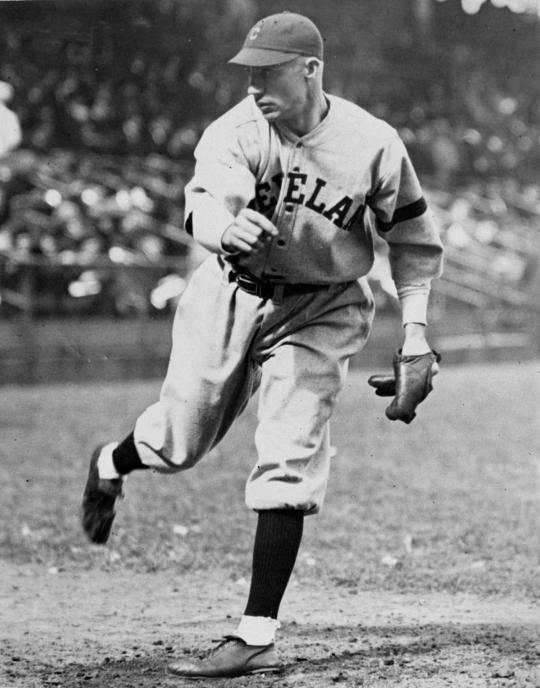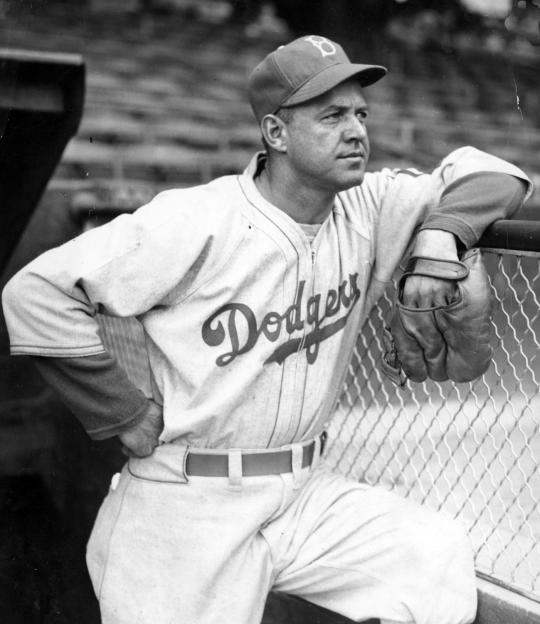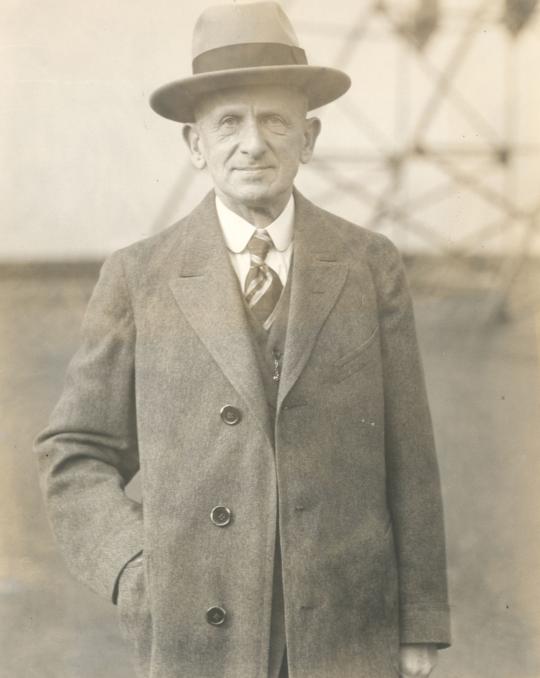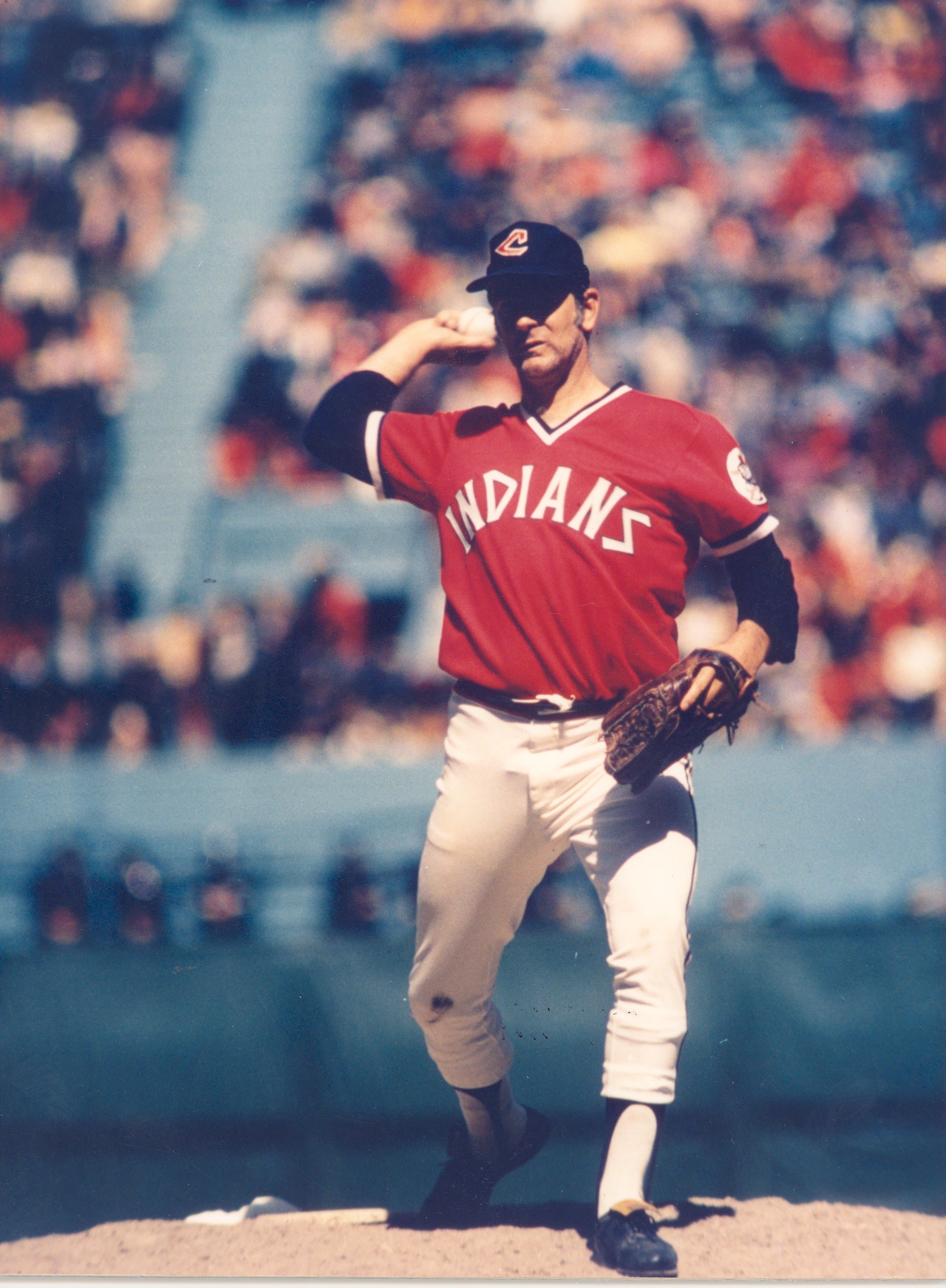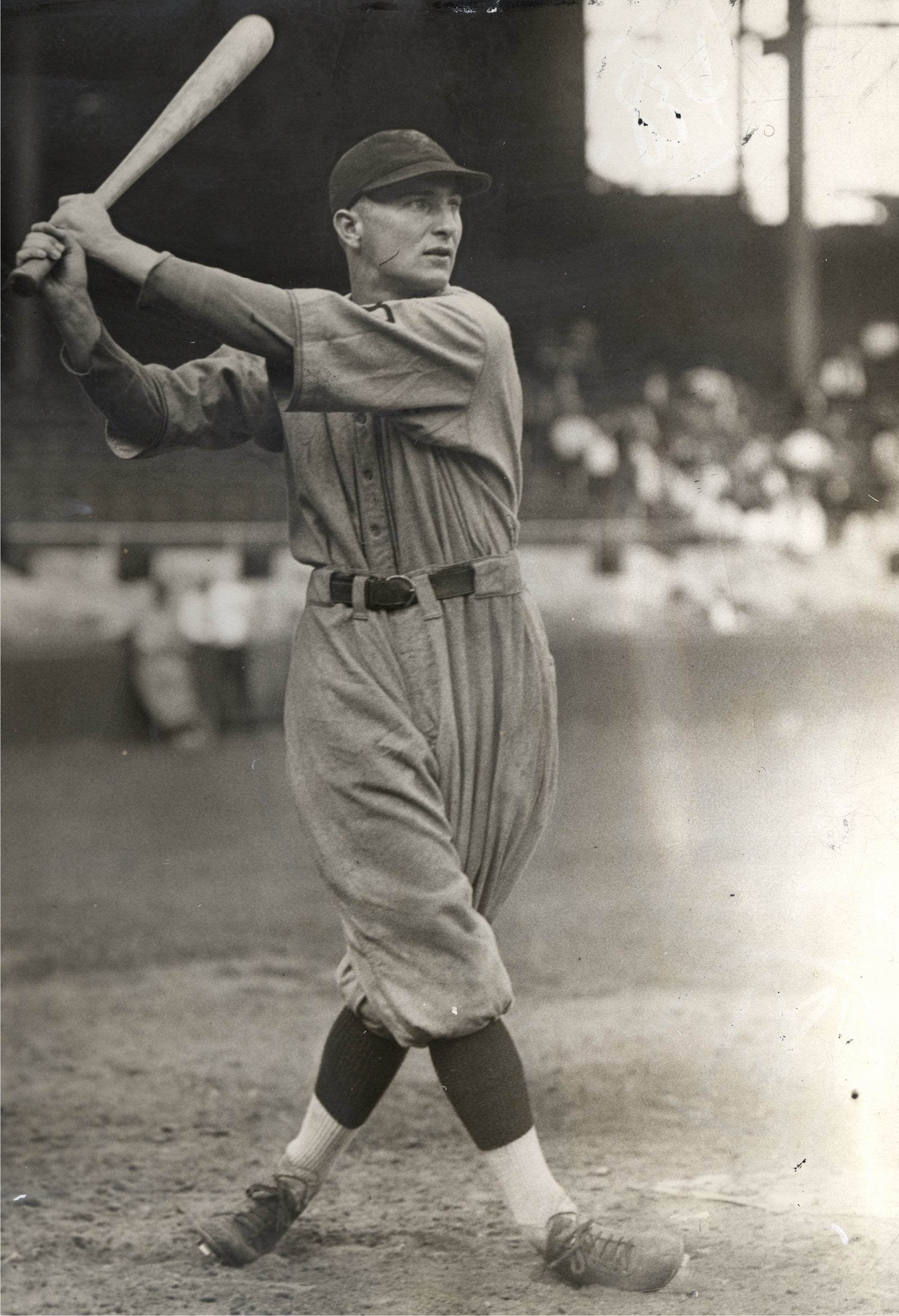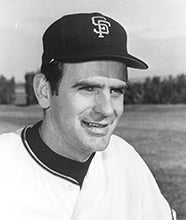- Home
- Our Stories
- Dreyfuss led spitballer ban
Dreyfuss led spitballer ban
Barney Dreyfuss' greatest baseball legacy was helping establish the modern World Series.
But the former Pittsburgh Pirates owner and 2008 Hall of Fame inductee also made history on Dec. 10, 1919, when he spearheaded the National League's decision to ban all new spitball pitchers.
Dreyfuss, one of baseball's early power brokers, campaigned to eliminate the spitball from pitchers' arsenals. One year after the NL banned new spitball pitchers, both Major Leagues adopted a rule that banned the pitch entirely – save for 17 spitballers who were allowed to keep throwing the pitch under a "grandfather" clause. Three of those 17 – Stan Coveleski, Red Faber and Burleigh Grimes – went on to be elected to the Baseball Hall of Fame.
Coveleski had already pitched nine big league seasons when the spitball was banned, averaging better than 22 wins a season from 1917-20 with the Cleveland Indians.
Hall of Fame Membership
There is no simpler, and more essential, way to demonstrate your support than to sign on as a Museum Member.
In the 1920 World Series against the Brooklyn Dodgers, Coveleski won three games – all complete games – while allowing just two earned runs in 27 innings, helping Cleveland capture its first World Series title.
Coveleski continued his success into the '20s, leading the Washington Senators to the 1925 American League pennant with a 20-5 record. He was inducted into the Hall of Fame in 1969 after finishing his 14-year big league career with a 215-142 record and a 2.89 ERA.
Faber spent his entire 20-year career with the Chicago White Sox, and was 23-13 during 1920 – when the Sox's pennant drive was truncated by the suspension of the players who allegedly participated in the 1919 Black Sox scandal. Faber won 25 games in 1921 and 21 more in 1922, finishing his career with a 254-213 record and a 3.15 ERA. He was elected to the Hall of Fame in 1964.
Grimes was the last legal spitball pitcher, retiring after the 1934 season. Grimes won 23 games in 1920, then posted four more 20-win seasons over the next eight years. He was 17-9 in 1931 at the age of 37, then won two more games in the World Series to help the St. Louis Cardinals defeat the Philadelphia A's in the Fall Classic. He finished his career with a record of 270-212 and a 3.53 ERA. He was elected to the Hall of Fame in 1964.
Several pitchers claimed to use the spitball effectively long after it was banned, including Hall of Famer Gaylord Perry and Brooklyn star Preacher Roe. But the rule banning the pitch has never been repealed.
The 17 pitchers who were allowed to continue to throw the pitch after it was banned included: Doc Ayers, Ray Caldwell. Stan Coveleski, Bill Doak, Phil Douglas, Red Faber, Dana Fillingim, Ray Fisher, Marv Goodwin, Burleigh Grimes, Dutch Leonard, Clarence Mitchell, Jack Quinn, Dick Rudolph, Allan Russell, Urban Shocker and Allen Sothoron.
Craig Muder is director of communications for the National Baseball Hall of Fame and Museum
Pittsburgh Pirates owner Barney Dreyfuss spearheaded an effort to ban the spitball in the National League starting with the 1920 season. The American League soon followed, leaving only 17 pitchers with permission to throw the pitch. Dreyfuss was elected to the Hall of Fame in 2008. (National Baseball Hall of Fame and Museum)
Share this image:

